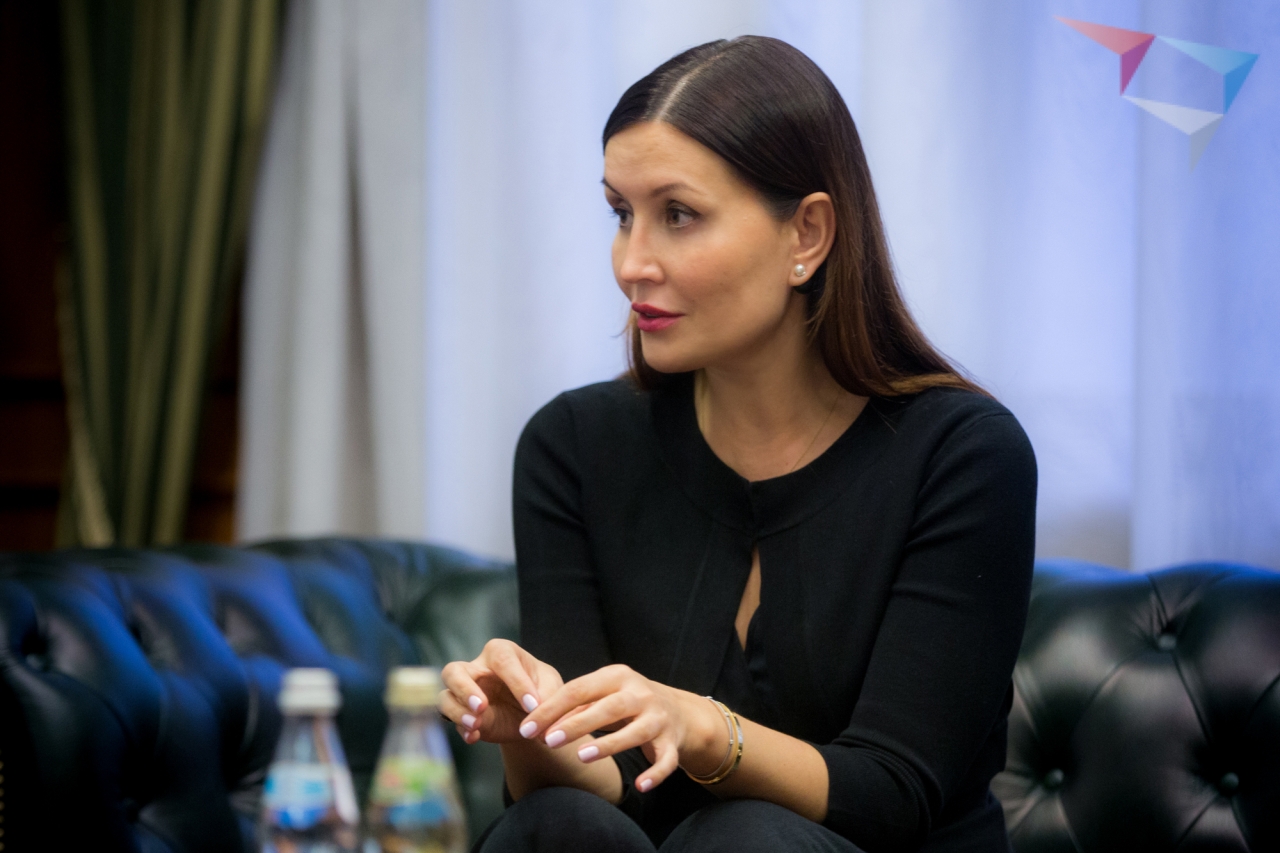
Energy and trade reforms help Russia move up in Doing Business rating
Agency for Strategic Initiatives General Director Svetlana Chupsheva noted that Russia ranked last in terms of power grid connections back in 2011.
Reforms in the electricity sector and international trade were the main drivers which improved Russia’s standing in the Doing Business Report in 2017, Agency for Strategic Initiatives (ASI) General Director Svetlana Chupsheva told TASS news agency.
‘Work [to improve indicators] has been under way for five years as part of the Russian president’s instructions to join the top 20 countries in terms of a favourable investment climate. The main drivers of growth this year for Russia were reforms in the electricity sector – connections to power grids – and international trade’, she said.
Chupsheva noted that Russia ranked dead last at 183rd in terms of connections to power grids back in 2011. By June 2016, Russia had already moved up to 30th place in this parameter. The allocation of land for power grids made it possible “to reduce the period [for connections to power grids] by 83%” within five years and climb 150 points in the rating, she said.
‘With respect to international trade, there has truly been a lot of work done with the Federal Customs Service to reduce both the amount of money and time spent by those involved in foreign economic activities when undergoing customs procedures via seaports. For example, St. Petersburg is such a benchmark for the World Bank’, Chupsheva told TASS.
Chupsheva said work is being done in the areas that scored fewer points in the rating. Certain results can only be calculated by the World Bank next year since the projects ‘have already been implemented, but the compliance practice has been postponed’. Examples of such projects include the ‘last mile’ in the electric power industry as well as the abolition of the ‘blue seal’.
‘We have long employed certain practices, but the World Bank has not yet taken them into account. For example, the start of business, registration of enterprises, and the ‘blue seal’ has already been abolished for more than two years, but entrepreneurs have not ceased using it for old time’s sake. So the World Bank is not counting this reform for now. But it’s important that thanks to work with the business community a large number of redundant procedures have been removed, and today businesses can feel the truly clear and transparent procedures and rules that are being employed in the constituent entities of the Russian Federation’, Chupsheva said.
Work with foreign partners
Chupsheva said Russian experience and work methods can be used in other countries. She said that the relevant request had already been made ‘to the World Bank from our colleagues from India’.
‘During a meeting that took place here with World Bank leaders this year, when we spoke about the reforms and changes that have taken place over the last year in terms of regulation and services as well as business conditions, our colleagues noted Russia is among the top three countries in terms of dynamics, the organization of work and results, and, most importantly, creating conditions for business. So I am also confident that our practice and our experience in organizing such work jointly with business associations and the direct involvement of business in these reforms will be very interesting to others countries’, she said.
According to the May decrees of 2012, Russian President Vladimir Putin set the goal of reaching the 20th spot in the ranking by 2018. In the World Bank’s Doing Business 2018 rating, Russia ranked 35th versus 40th in the previous year.
Source: http://tass.ru/ekonomika/4691499








